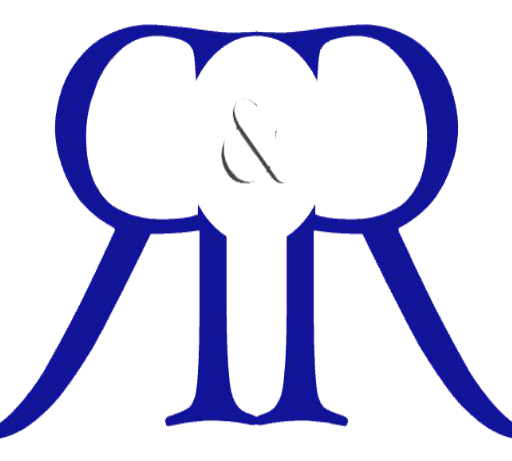Preventing Unconscious Biases in Decision Making
Everyone has their own biases. This doesn’t mean we’re bad people or that we can’t think clearly, it just means we’re human. Our histories and personal experiences affect how we see the world and that’s true for everyone. However, it’s important that we don’t let these different outlooks and perspectives blind us to certain opportunities or negatively affect our decision-making processes.
There are many ways that biases can influence decisions. For example, if you graduated from a certain school, you might unconsciously believe that others who went to the same school are more qualified than those who were educated elsewhere. You may also believe that those who went to “rival” schools are less qualified. These aren’t usually conscious thoughts, but they can still affect the hiring process.
It’s nearly impossible to completely eliminate our biases, but we can become aware of them and reduce how they affect our lives and our decisions. Here are some tips for reducing bias when making business decisions.
Understand your Biases
If you want to reduce the affect of your biases, you’ll need to recognize and understand them. This can be difficult to do. However, just recognizing that everyone has their own biases can help you understand your own and work to avoid letting them influence you.
Involving yourself in a variety of situations alongside many different people from many different backgrounds can also help broaden your perspectives, which will naturally reduce your biases. Spend time outside of your usual social and business circles and you will experience more, which will change your biases.
Ask for Input
As mentioned, interacting with others can help reduce biases. By speaking with others you trust, you will get more varied insight, which will eliminate bias. Having someone play devil’s advocate – or pretend to be against an idea to make you consider all aspects in more detail – can be very beneficial. This can cause you to look at your decision from all angles, which helps reduce bias.
Have a Diverse Team
If the team of advisors you are speaking with has similar biases to your own, then you still may wind up making a decision that is influenced by these biases, even if you ask for input. To help alleviate this issue, you’ll want to work with a more diverse team. Having a team of people with many different backgrounds, life experiences, and biases results in better decisions.
To build a more diverse team, look outside of your organization and your regular hiring processes. Recruit from other industries, organizations, and schools – ones that you may not have considered in the past.
Another way to increase diversity is by working with outside organizations and contractors. For instance, you can work with a Chartered Professional Accountant (CPA) such as the professionals at Ralevic & Ralevic LLP, you gain access to our years of experience at organizational operations and processes. This fresh viewpoint can be vital in helping you make great decisions. Contact us today for more information on how we can advise your management team and give you the information you need to make informed business decisions.
Wait Before Making Decisions
When you make a quick or impulsive decision, you’re more likely to let your biases affect you. Taking time will make you think about the situation more seriously. Sit down and come up with a pros and cons list; then analyze the potential outcomes, the likelihood of each of these situations occurring, and what each outcome could mean for your organization. The result will be a more deliberate decision based on facts, rather than one primarily driven by your past experiences.









